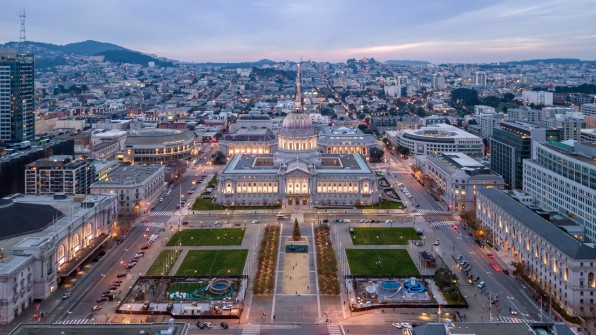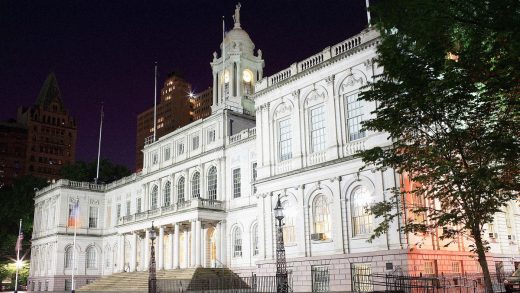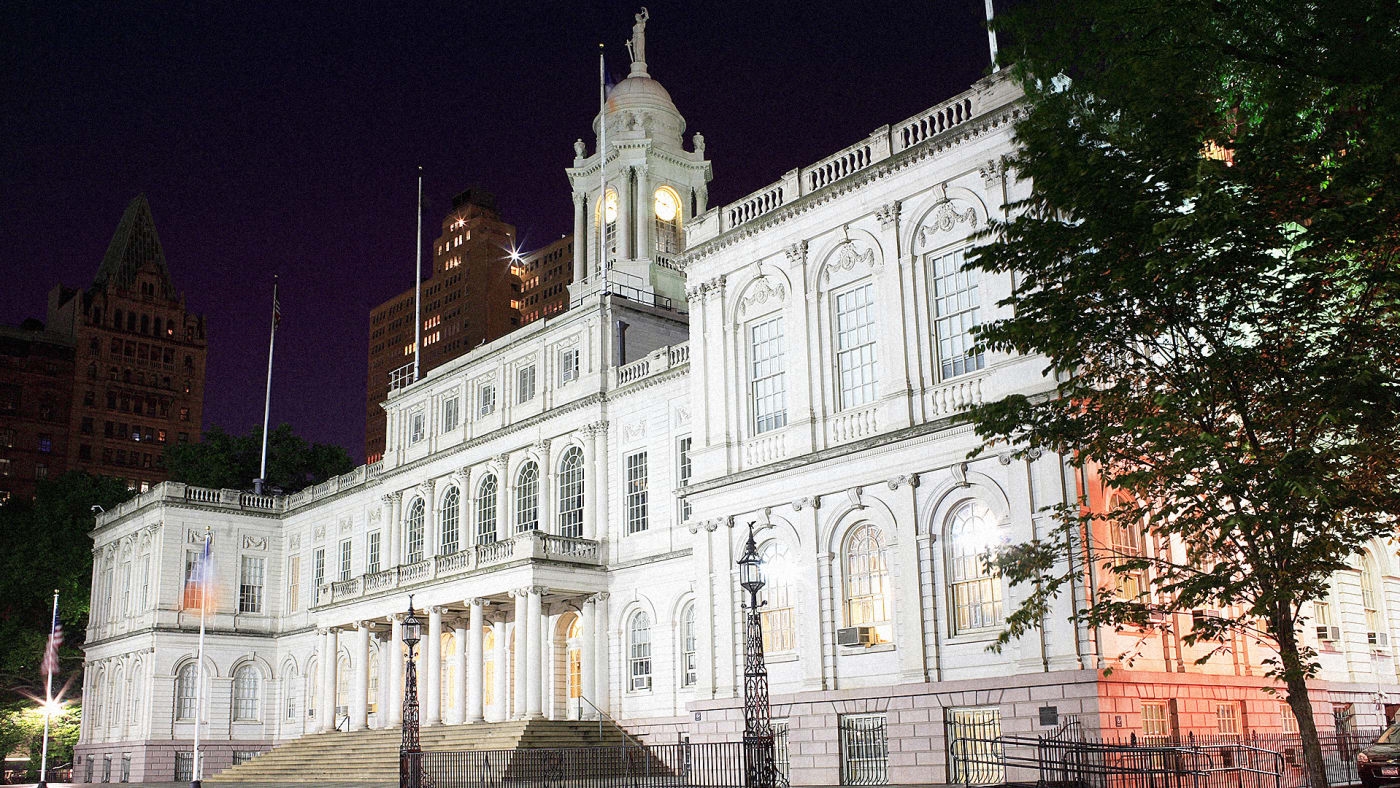What U.S. Mayors Think About The Future Of Their Cities–And The Country
Many mayors no longer feel like they can count on or trust state and federal officials to act in the best interest of their residents. At least two-thirds of city leaders feel like those authorities’ decisions disempower them. That’s pushing more localized innovation efforts, with roughly half of all mayors seeking civic-change ideas from residents and other mayors.
These findings come from the 2018 American Mayors Survey, which surveyed 156 mayors from 42 U.S. states. Unlike in years past, the data includes responses from the leaders of smaller cities (between 30,000 and 100,000 people) to show how metros all over America are progressing. Overall, the majority of large metros have dedicated in-house innovation teams, while smaller metros are beginning to see the value as well. About one-third of those spots have followed suit.
The values of most city leaders are generally run opposite to recent federal actions. For instance, while President Donald Trump has backed away from the Paris Climate Agreement, 80% of mayors feel it is their civic duty to address climate change.
At the same time, nearly half of all mayors cite financing as a major barrier to making headway on that issue. And the percentage of those with “significant experience” in the area is relatively low: below 40% for developing sustainable transportation options to make cities more pedestrian, bike, and bus friendly; and below 25% for figuring out how to run on more renewable energy. The knowledge about how to encourage low-carbon building projects and electric vehicle adoption is even lower.

Bloomberg Philanthropies launched the $200 million American Cities Initiative in June 2017 to help city leaders develop new programs and policies that solve universal societal problems like affordable housing, poor public health, a lack of well-paying jobs, and even crime and climate change. The goal is to prototype radical interventions in one place, then share what’s working with others.
For instance, Bloomberg has launched an initiative called the Mayor’s Challenge, one of its long-running international programs that asks leaders to dream big about how to solve a major civic crises, with the promise of funding and coaching to try out the best concepts. The winning city will receive $5 million, with another $1 million given to four other top finishers. More than 300 cities applied, and 35 have been given $100,000 develop their initial ideas. About one-third of these revolve around climate change.
The top issues mayors hear their residents complaining about are generally consistent with city size. In metros with a population of 500,000 or more, it’s affordable housing, crime, and traffic. In medium-sized places–those between 100,000 and 500,000 people–that’s inverted slightly, with traffic the No. 1 concern. And in smaller communities, traffic and affordable housing rank high, with drug abuse also a major concern.
But only half of city leaders are coming up with programs that use what citizens are complaining about to provide helpful data. Boston is among several places bucking that trend, with a public scoreboard that tracks, among other things, when citizen-reported problems like pothole and graffiti get reported, and the average response time to fix.
When asked to anticipate the most probable national problem in 10 years, the highest-ranking answers were political dysfunction, followed by infrastructure and inequality (which tied), and rising national debt. It’s a bleak outlook, but gives the theory of generating local, sharable, and data-driven solutions more credence.
(22)



